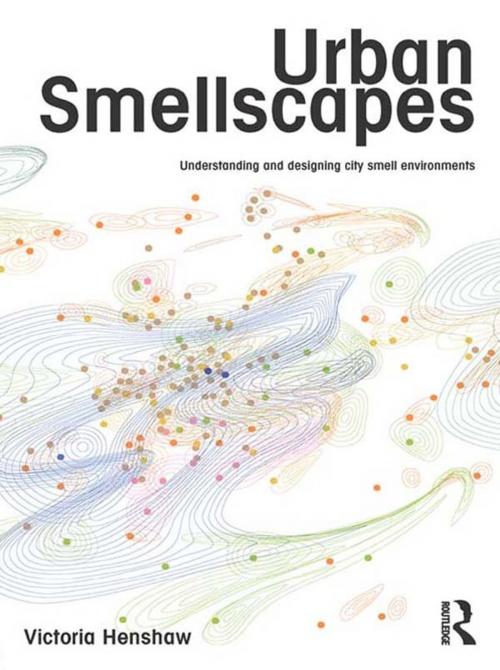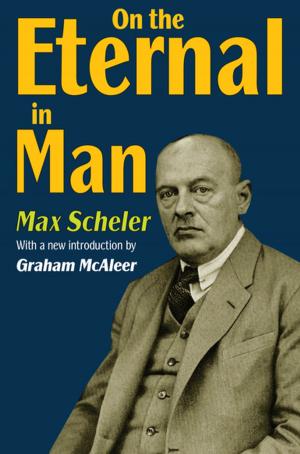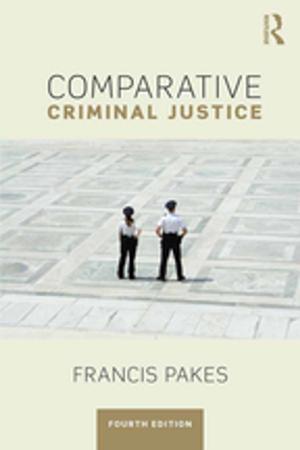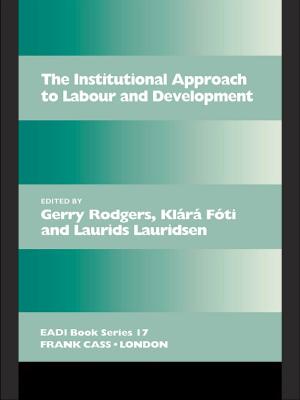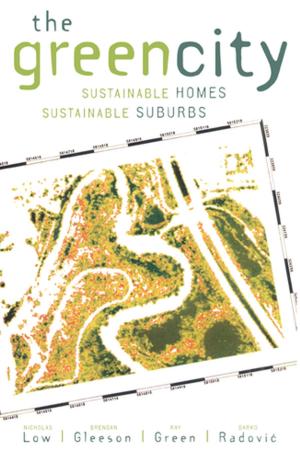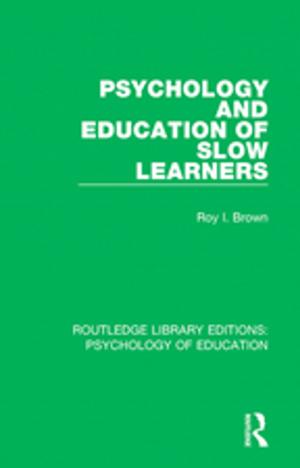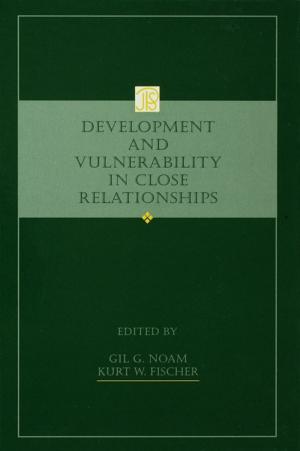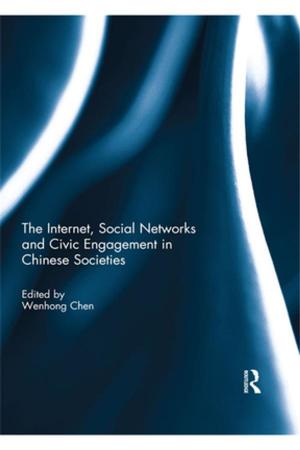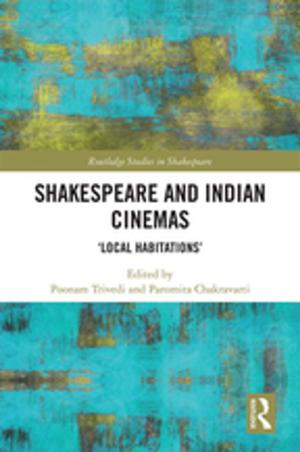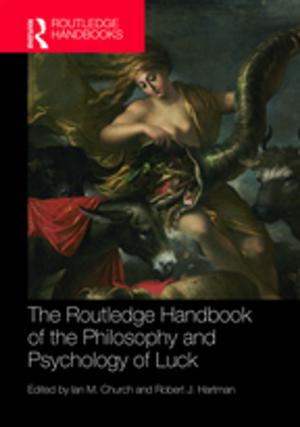Urban Smellscapes
Understanding and Designing City Smell Environments
Nonfiction, Art & Architecture, Architecture, Landscape, Social & Cultural Studies, Social Science, Sociology, Urban| Author: | Victoria Henshaw | ISBN: | 9781135100957 |
| Publisher: | Taylor and Francis | Publication: | July 31, 2013 |
| Imprint: | Routledge | Language: | English |
| Author: | Victoria Henshaw |
| ISBN: | 9781135100957 |
| Publisher: | Taylor and Francis |
| Publication: | July 31, 2013 |
| Imprint: | Routledge |
| Language: | English |
We see the city, we hear the city, but above all: we smell the city. Scent has unique qualities: ubiquity, persistence, and an unparalleled connection to memory, yet it has gone overlooked in discussions of sensory design. What scents shape the city? How does scent contribute to placemaking? How do we design smell environments in the city?
Urban Smellscapes makes a notable contribution towards the growing body of literature on the senses and design by providing some answers to these questions and contributing towards the wider research agenda regarding how people sensually experience urban environments. It is the first of its kind in examining the role of smell specifically in contemporary experiences and perceptions of English towns and cities, highlighting the perception of urban smellscapes as inter-related with place perception, and describing odour’s contribution towards overall sense of place. With case studies from factories, breweries, urban parks, and experimental smell environments in Manchester and Grasse, Urban Smellscapes identifies processes by which urban smell environments are managed and controlled, and gives designers and city managers tools to actively use smell in their work.
We see the city, we hear the city, but above all: we smell the city. Scent has unique qualities: ubiquity, persistence, and an unparalleled connection to memory, yet it has gone overlooked in discussions of sensory design. What scents shape the city? How does scent contribute to placemaking? How do we design smell environments in the city?
Urban Smellscapes makes a notable contribution towards the growing body of literature on the senses and design by providing some answers to these questions and contributing towards the wider research agenda regarding how people sensually experience urban environments. It is the first of its kind in examining the role of smell specifically in contemporary experiences and perceptions of English towns and cities, highlighting the perception of urban smellscapes as inter-related with place perception, and describing odour’s contribution towards overall sense of place. With case studies from factories, breweries, urban parks, and experimental smell environments in Manchester and Grasse, Urban Smellscapes identifies processes by which urban smell environments are managed and controlled, and gives designers and city managers tools to actively use smell in their work.
